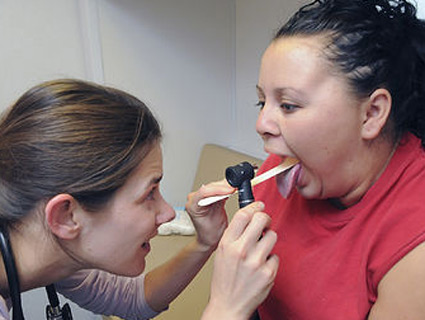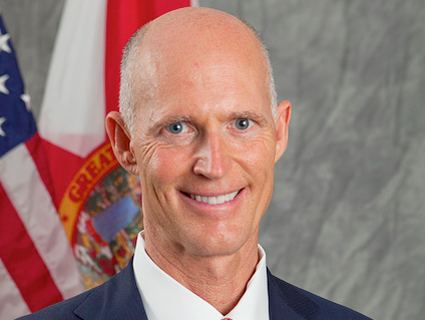According to a study released today by the Kaiser Family Foundation, 2011 health insurance premiums for employer-sponsored family healthcare benefits rose 9 percent over last year’s prices, leaving employees to pay, on average, $4,129 and employer contributions at $10,944. The number represents a surprising rise given that increases experienced in 2010 were just 3 percent.
So, why the sudden increase?
We know that Americans are using fewer medical services since the economy took a dive as people are staying away from the doctor and putting off non-life saving surgeries, such as knee and hip replacements, until they have more confidence that they will have the money required to pay deductibles and co-pays. We also know that fewer medical services are being utilized as a result of the increased popularity of Health Safety Accounts which require deductibles in excess of $2,000 per family, and employer provided policies that have increasingly large deductibles and co-pays.
As a result, can it possibly make sense that medical costs are increasing by the 9 percent reflected in the hefty premium hikes? In a word, no.
That will not stop the anti-Obamacare forces, of course, from putting the blame squarely on healthcare reform. In a sense, I suppose the Affordable Care Act does bear some of the responsibility—if you can consider motivating the health insurers to falsely inflate their prices, by forcing them to do the right thing, to be a blamable offense.
Beginning next year, health insurers will be required to justify any increases in premium rates above 10 percent. They will further be obligated to refund money to customers if an insurer is found to have spent less than 85 percent of their premium income on medical expenses. Thus, it is hardly a stretch to conclude that the insurers are simply taking their last chance to raise premium rates before they find themselves having to be more accountable to the government, particularly when they are pretty much admitting to as much.
As noted by Reed Ableson in The New York Times:
Throughout this year, major health insurers have defended higher premiums—and higher profits—saying that their expenses would rise once the economy recovered and people believed they could again afford medical care. The struggling economy will probably keep suppressing demand for medical care, particularly as people pay a larger share of their own medical bills through higher deductibles and co-payments, according to benefits consultants and others. About three-quarters of workers now pay part of the bill when they go see a doctor, and nearly a third have a deductible of at least $1,000 if they have single coverage, up from just one in 10 in 2006, according Kaiser.
So, the insurance company defense is that they expect prices to rise sometime in the future (clearly an undefined period) and they want to be ready. Somehow, this justifies them to dramatically raise their premium prices now, at time when their costs are actually less and their profits are through the roof.
Not only is such behavior astoundingly predatory, the insurers are playing a major role in keeping the economy in the dumps, as it is precisely this sort of unnecessary premium increase that causes employers to avoid hiring more employees.
For those who believe that we should leave it to the free market to establish the prices in the medical system (of which insurance will always be a necessary part), maybe they can explain how the system is working in this instance? In a time where patient control has risen dramatically as consumers decide if and how they will—or will not—spend on medical services now that they have greatly increased responsibility for the familiy medical bills as a result of much higher deductibles, and at a moment where there are substantially reduced claims coming onto health insurers’ balance sheets due to diminished use of medical services, exactly what is the free market concept that justifies an insurance company raising their premium rates? What’s more, at a time when fewer people are using physician’s services, why would costs go up?
Free market principles would suggest that lower demand should produce lower prices. But that is clearly not what is happening.
I know what some of you are thinking—but before you say it’s all the government’s fault, I would hasten to point out that, with an apples-to-apples comparison, there are no substantial new regulations hitting physicians this year that did not exist last year. And before you blame the president’s health care reform program for the insurance companies’ usurious behavior, note that the two million young people who have been added to the insurance roles as a result of Obamacare’s permitting these people to stay on the family insurance policy, would not increase an insurance company’s costs by 9% over last year’s prices. Indeed, adding all of these healthy kids to the insurance pools should help insurers spread risk more effectively while collecting additional premium revenues.
The bottom line is that there is absolutely no justification whatsoever for the health insurance industry hitting employers with a 9 percent increase. It is a simple matter of greed and it is precisely that greed that has long made access to healthcare continuously more difficult for middle class Americans.







